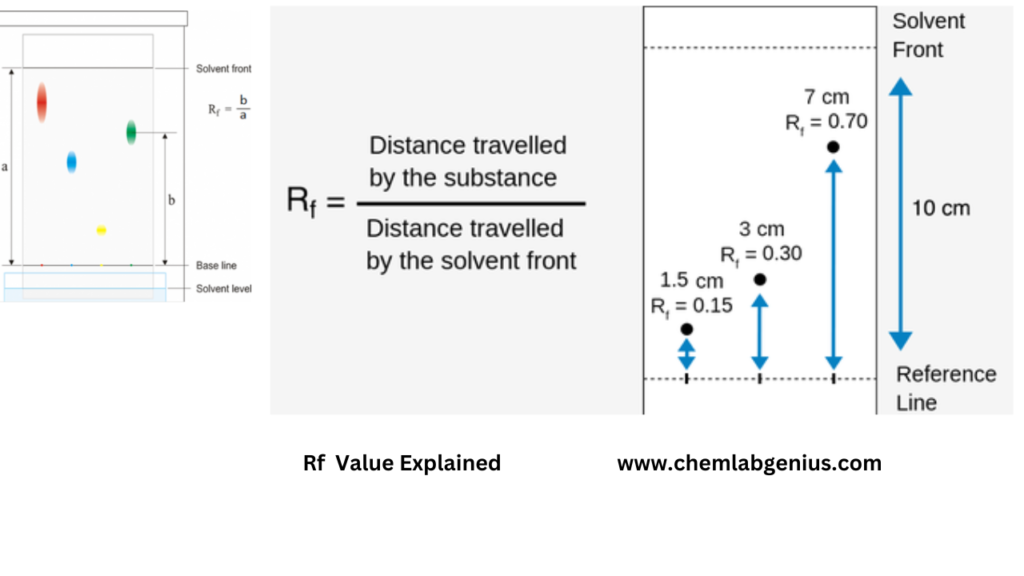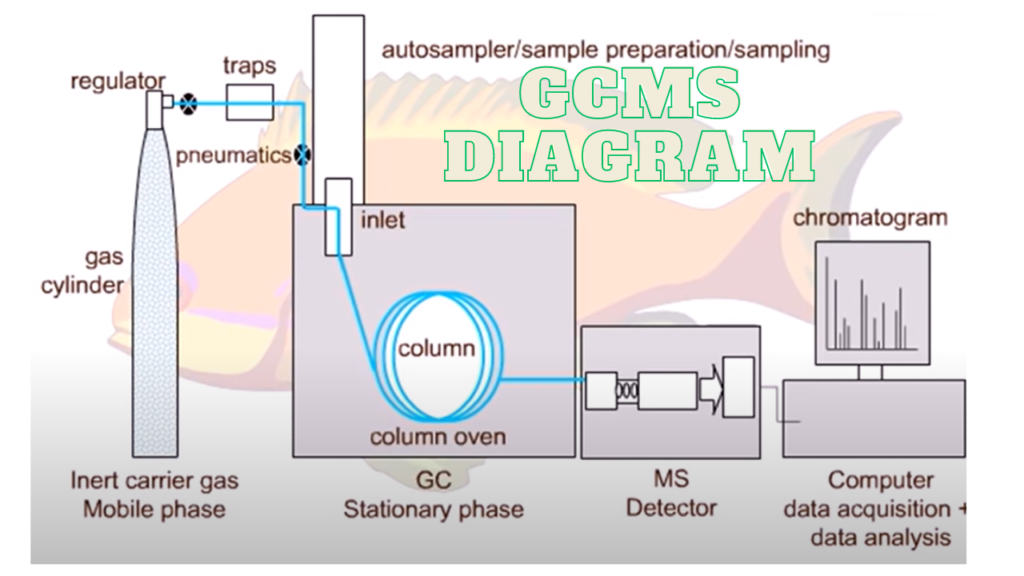RF Value
What is RF Value? The Rf value (retardation factor/Retention Factor) is an important parameter in chromatography that represents the distance traveled by a particular compound relative to the distance traveled by the solvent front. The Rf value is a dimensionless number that ranges from 0 to 1. It is calculated by dividing the distance traveled by …



